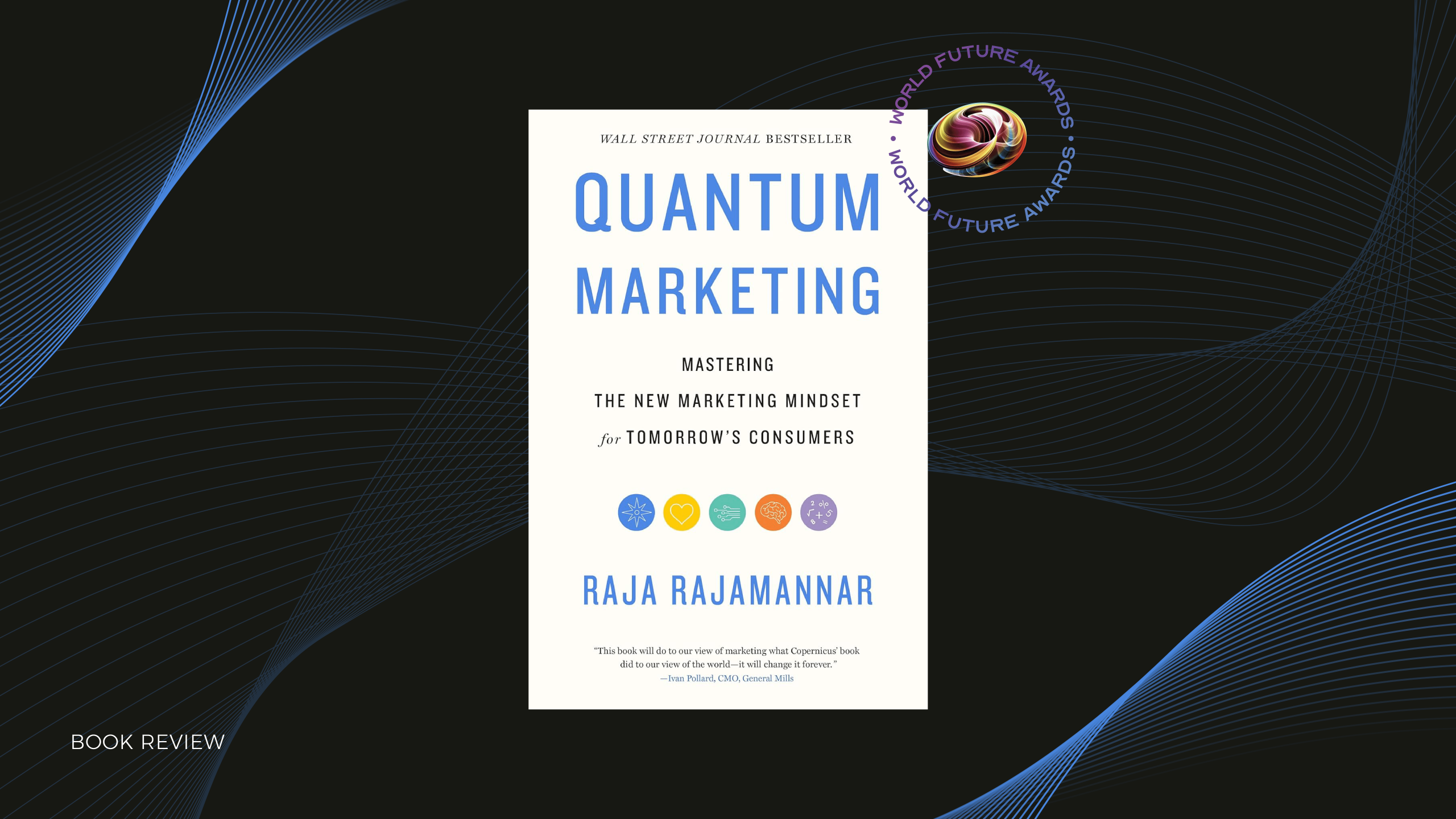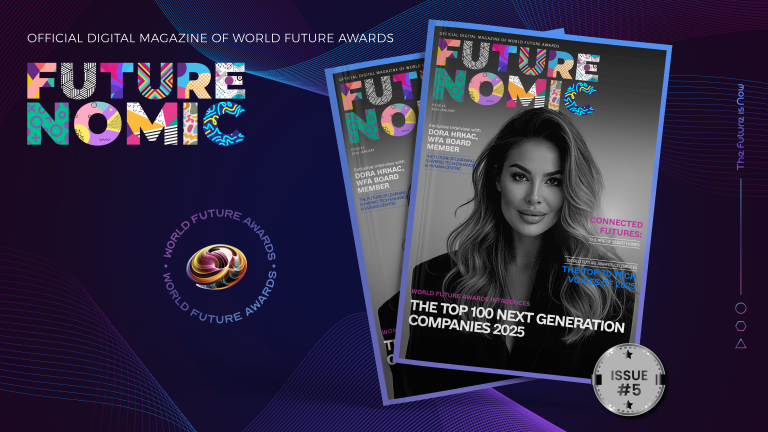
Book Review: “Quantum Marketing” by Raja Rajamannar
In Quantum Marketing: Mastering the New Marketing Mindset for Tomorrow’s Consumers, Raja Rajamannar, Chief Marketing and Communications Officer of Mastercard and a globally acclaimed business leader, delivers a compelling and authoritative manifesto for the future of marketing. Positioned at the intersection of emerging technology, shifting consumer behavior, and strategic brand management, this Wall Street Journal bestseller redefines how modern businesses must think, plan, and execute in an era of unprecedented transformation.
Rajamannar introduces readers to what he calls the Fifth Paradigm of marketing—a phase so radically different from the past that it requires a complete reimagination of foundational principles. While the previous four paradigms evolved linearly—starting from product-centric promotion to digital and data-driven marketing—this fifth phase represents a quantum leap. Here, marketing is no longer about traditional tools or digital tactics alone; it becomes a science blending creativity with exponential technologies like artificial intelligence, blockchain, 5G, IoT, and augmented reality.
One of the book’s standout achievements is its ability to simplify complex technological concepts without diluting their strategic significance. Rajamannar makes the case that marketers today are woefully unprepared for what’s coming. They lack not only the technical fluency but also the visionary foresight to navigate an environment where personalization, automation, and ethical data use become existential challenges. He argues that marketing must shed its legacy of “fluff” and become a serious discipline rooted in business impact, measurable outcomes, and technological sophistication.
The book draws strength from Rajamannar’s rich professional background, which spans global leadership roles at Fortune 500 giants across finance, healthcare, and consumer goods. His insights are not merely theoretical; they are practical, drawn from real-world experience driving transformation at Mastercard—one of the world’s most respected brands. Whether discussing Mastercard’s move into multisensory branding or the use of AI to drive engagement, the examples are both aspirational and executable.
A particularly resonant theme in Quantum Marketing is Rajamannar’s call for marketers to become “multi-lingual”—speaking the language of finance, operations, technology, and human psychology. He positions the modern CMO not as a creative executive, but as a cross-functional business leader capable of influencing every aspect of the enterprise.
The book also serves as a sobering critique of the current state of marketing education and leadership. Rajamannar highlights a gaping disconnect between traditional marketing curricula and the demands of modern business. His call to action is clear: marketers must evolve, or risk irrelevance.
Readers will appreciate the structure of the book—logical, well-paced, and filled with insights from other top marketing leaders. It balances visionary discourse with grounded guidance, offering a roadmap for professionals at every level to future-proof their strategies.
Ultimately, Quantum Marketing is both a wake-up call and a playbook. It is ideal for CMOs, business strategists, and even non-marketers who wish to understand how customer engagement, brand building, and data-driven decision-making are being rewritten by disruptive forces. Rajamannar’s voice is authoritative yet accessible, and his optimism about marketing’s transformative potential is infectious.
In a time when the only constant is change, Quantum Marketing doesn’t just prepare you for the future—it urges you to shape it. A must-read for anyone serious about mastering the business of tomorrow.
Click here to get this WFA recommended read today.
MORE NEWS

Exciting News: Dr. Martha Boeckenfeld Joins the WFA Board

Most Promising Startup City Hubs 2026

World Future Awards Exclusive: Interview with Ronald van Loon — Top 30 Tech Voices 2025

Defining the Next Era of People Development

Speexx Awarded for Global Workforce Development Innovation

World Future Awards Releases Futurenomics Digital Issue #5

VVater Named One of World Future Awards’ Top 100 Next Generation Companies for 2025
NEWSLETTER
Sign up to learn more about our project and to stay up to date.

